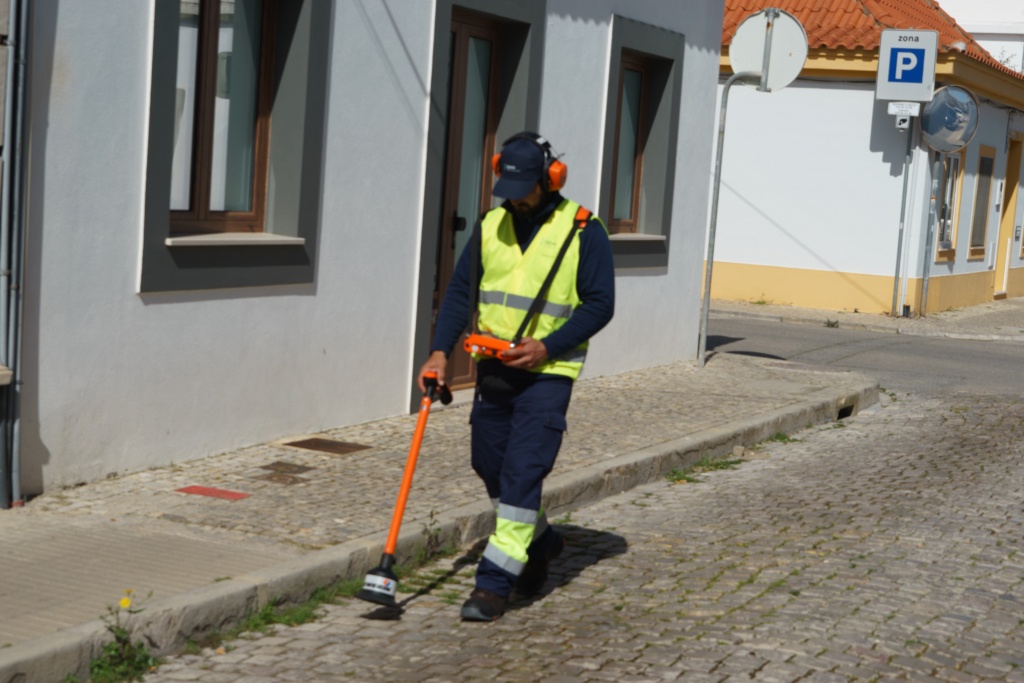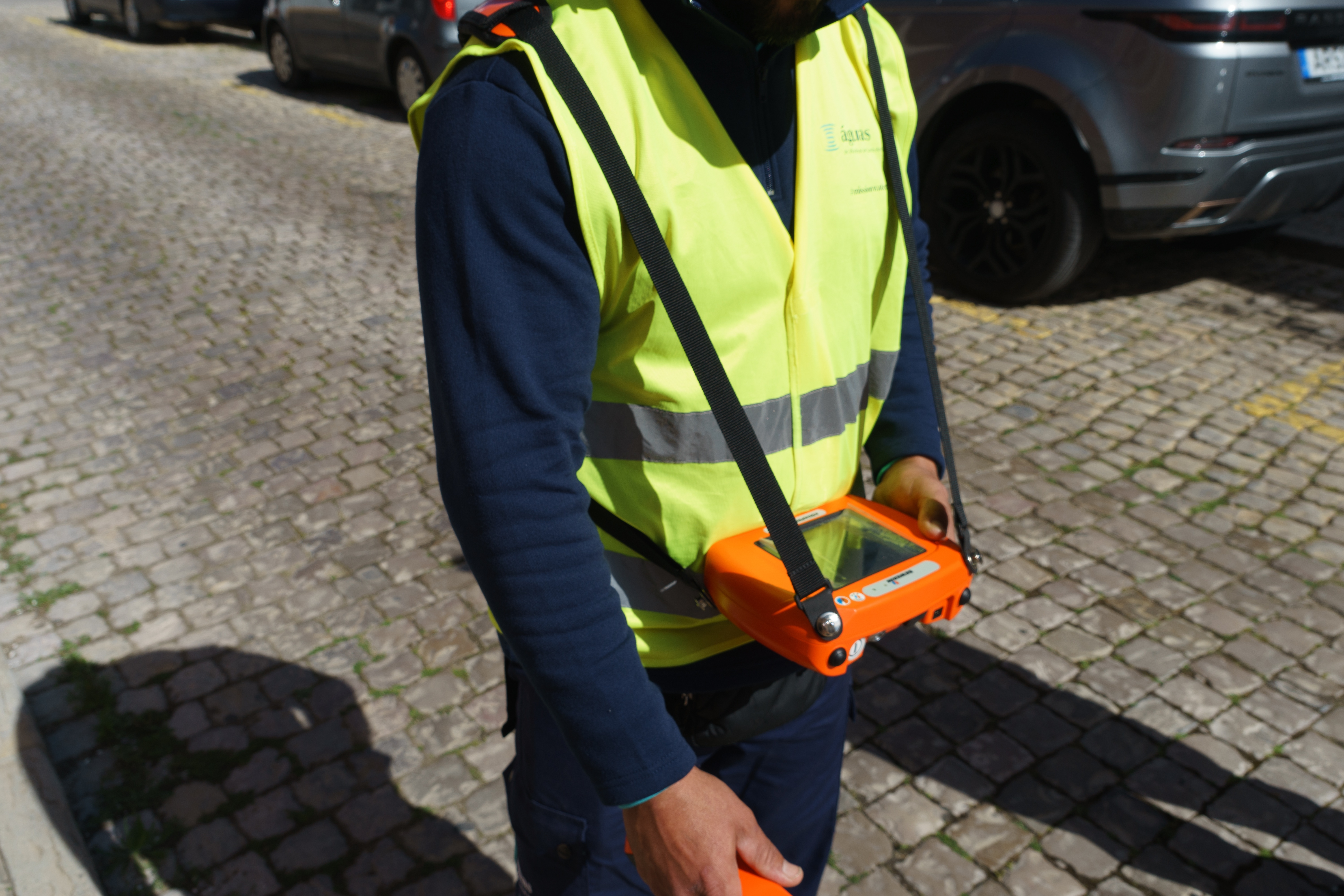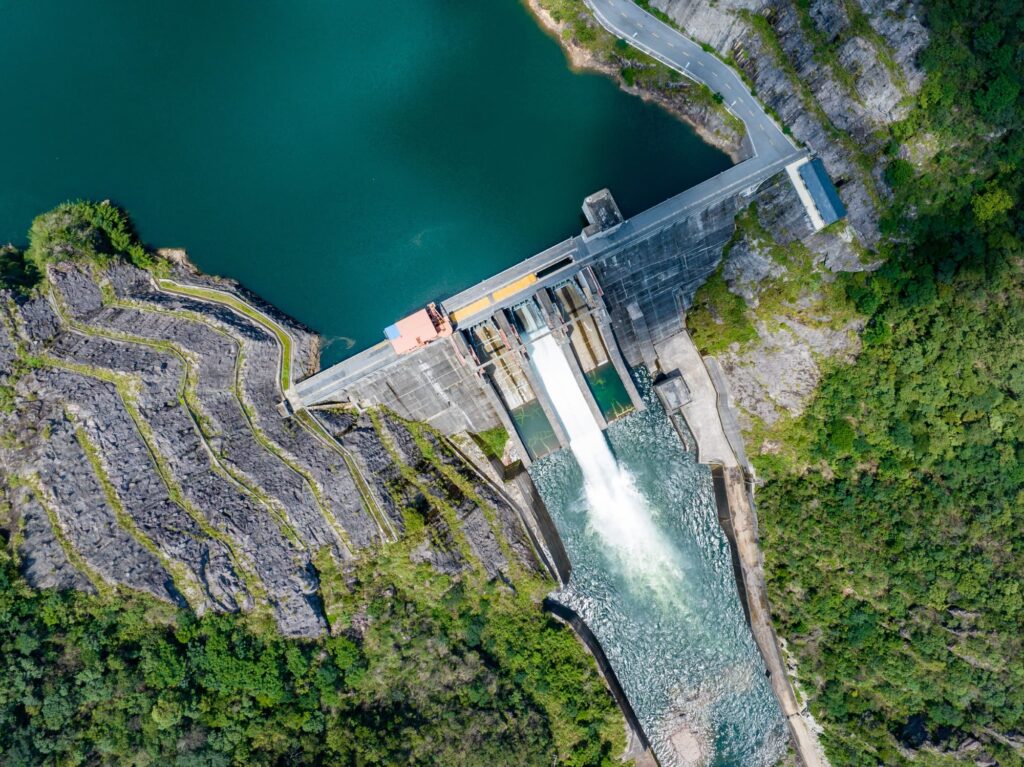Your challenges
Reducing Non-Revenue Water brings major challenges, from measuring losses to sustaining long-term efficiency and innovation

Identifying Sources of Water Losses
Complexity in distinguishing between physical losses (leaks, bursts) and commercial losses (theft, faulty meters, data errors).
Accurate Measurement & Data Reliability
Difficulty in obtaining precise data on water losses due to outdated or insufficient metering systems.Lack of integration between operational data, billing systems, and field information.
Technology Integration & Innovation
Challenges in adopting and integrating advanced sensing technologies, data analytics, and digital solutions. Keeping pace with innovation while ensuring scalability and cost-effectiveness.
Sustainability & Environmental Pressures
Balancing operational efficiency with sustainability goals under climate change and resource scarcity pressures.
How does it work ?
Phase 1
Diagnosis, planning, and implementation of actions to reduce water losses.
Phase 2
Quantification of actual and apparent losses, enabling accurate analysis of the impact.
Phase 3
Monitoring of flow rates and identification of critical areas for prioritizing interventions.
Our positive impact
Implementing a Non-Revenue Water reduction service delivers tangible benefits, from financial gains and operational efficiency to sustainability and long-term resilience.

Operational Efficiency
Significant improvements in system performance by reducing losses and optimizing water distribution.
Financial Gains
Increased revenue through accurate billing, reduced losses, and lower operational costs.
Regulatory Compliance
Alignment with national and international requirements on efficiency and sustainability.
Long-Term Resilience
Continuous monitoring and reinforcement build a stronger, future-proof water management system.

Key figures
7000 km
Aquapor Group - Water network lenght
600,500
Inhabitants served
15%
Aquapor Group - Non-Revenue Water rate
Contact our experts
FAQs
NRW is the difference between the water produced and the water that is actually billed to customers. It includes physical losses (leaks, bursts) and commercial losses (metering errors, theft, or billing inaccuracies).
Reducing NRW improves operational efficiency, increases revenue, conserves water resources, enhances service reliability, and supports regulatory compliance and sustainability goals.
The service follows a structured methodology including: Understanding & Measuring, Acting & Monitoring, Controlling, Reinforcing, Sensing, and Innovating. Each step ensures losses are identified, addressed, and continuously monitored.
Absolutely. The methodology is flexible and can be tailored to utilities of different sizes, infrastructures, and operational contexts.

